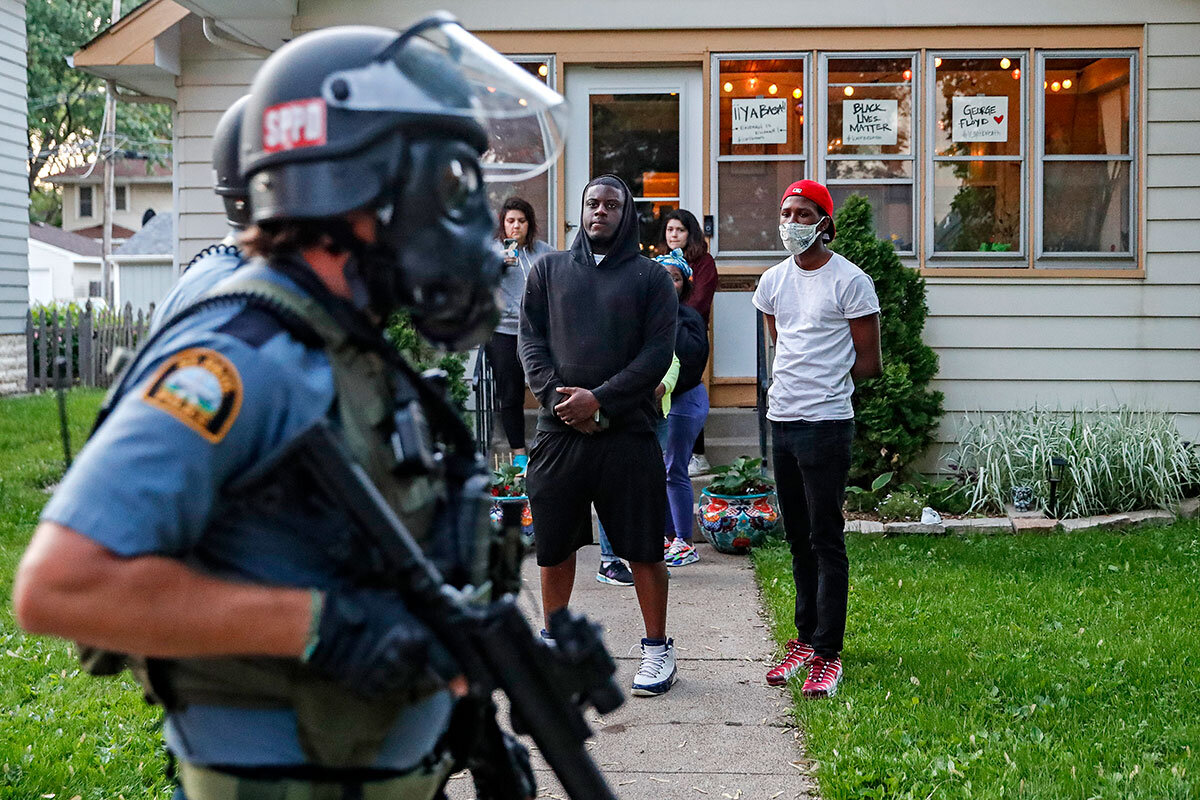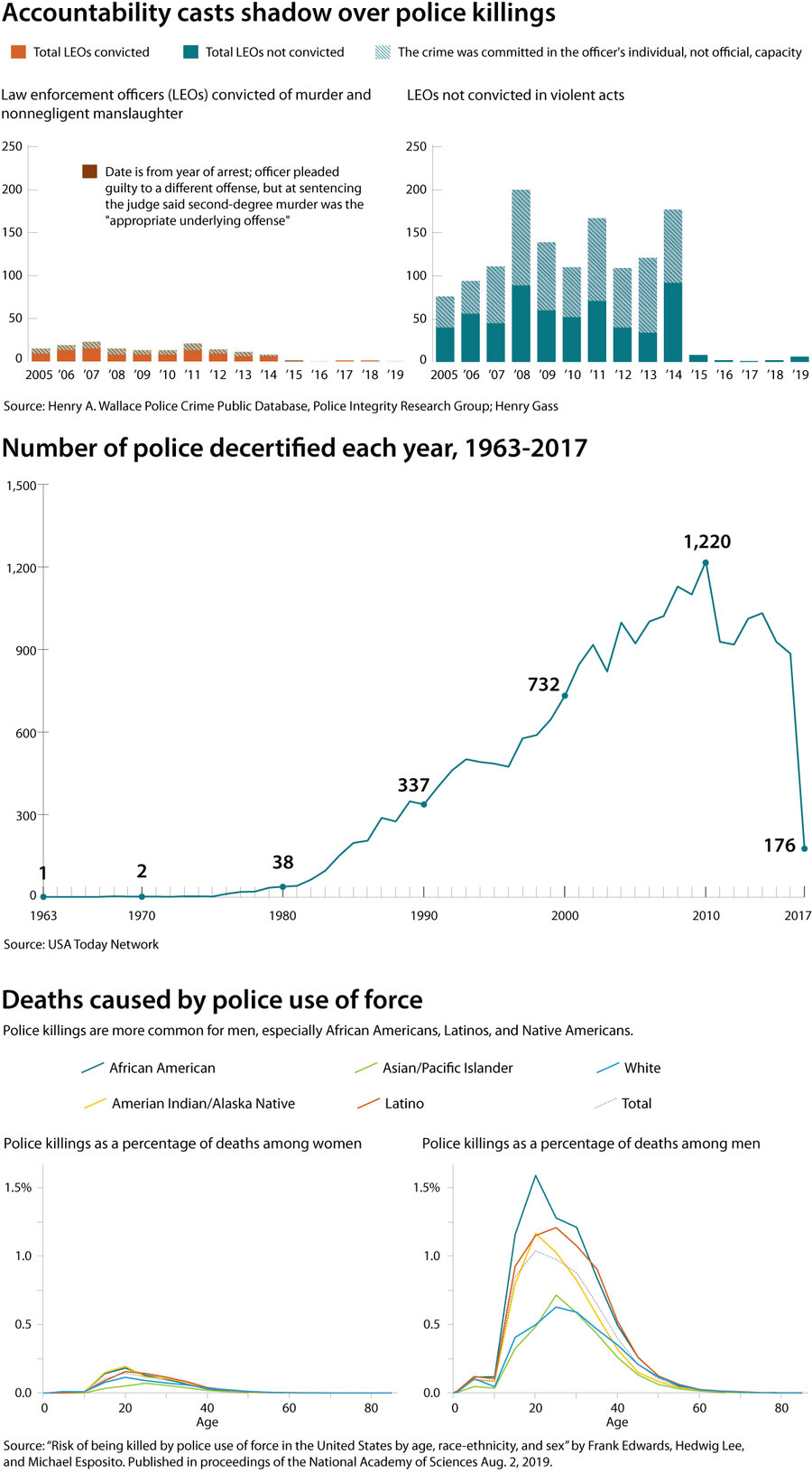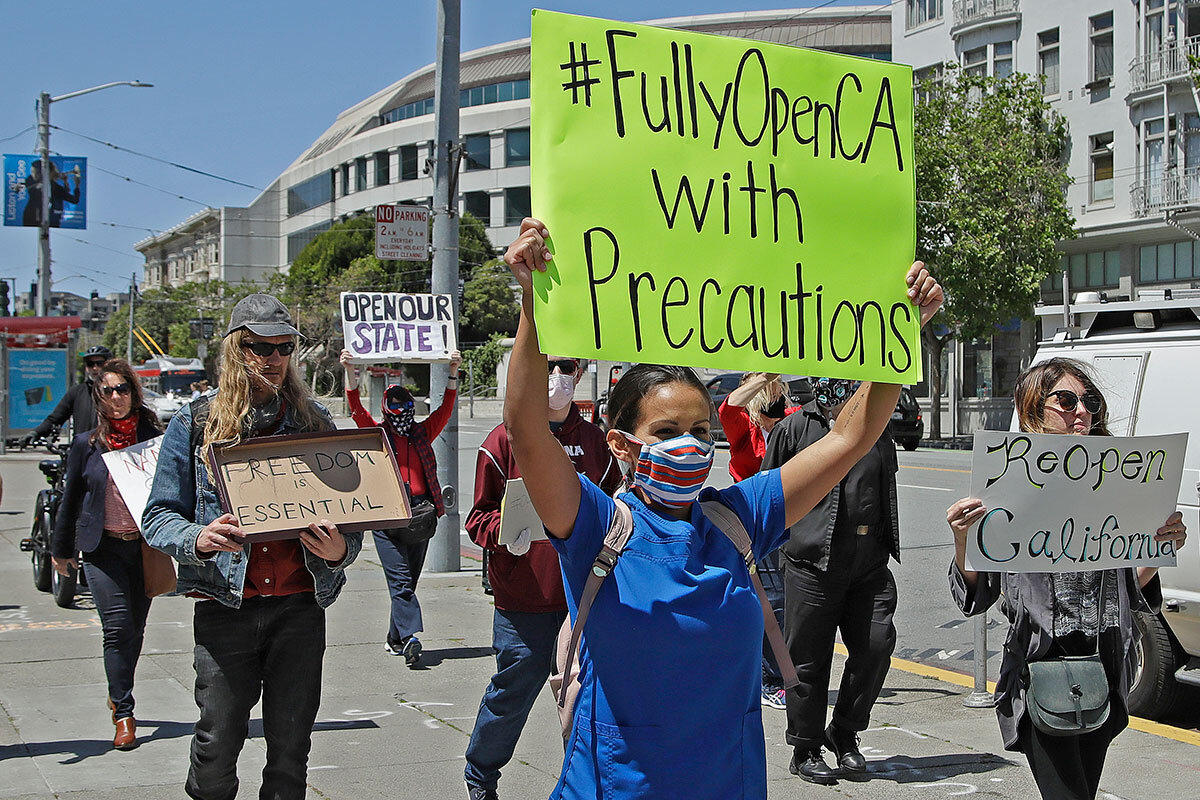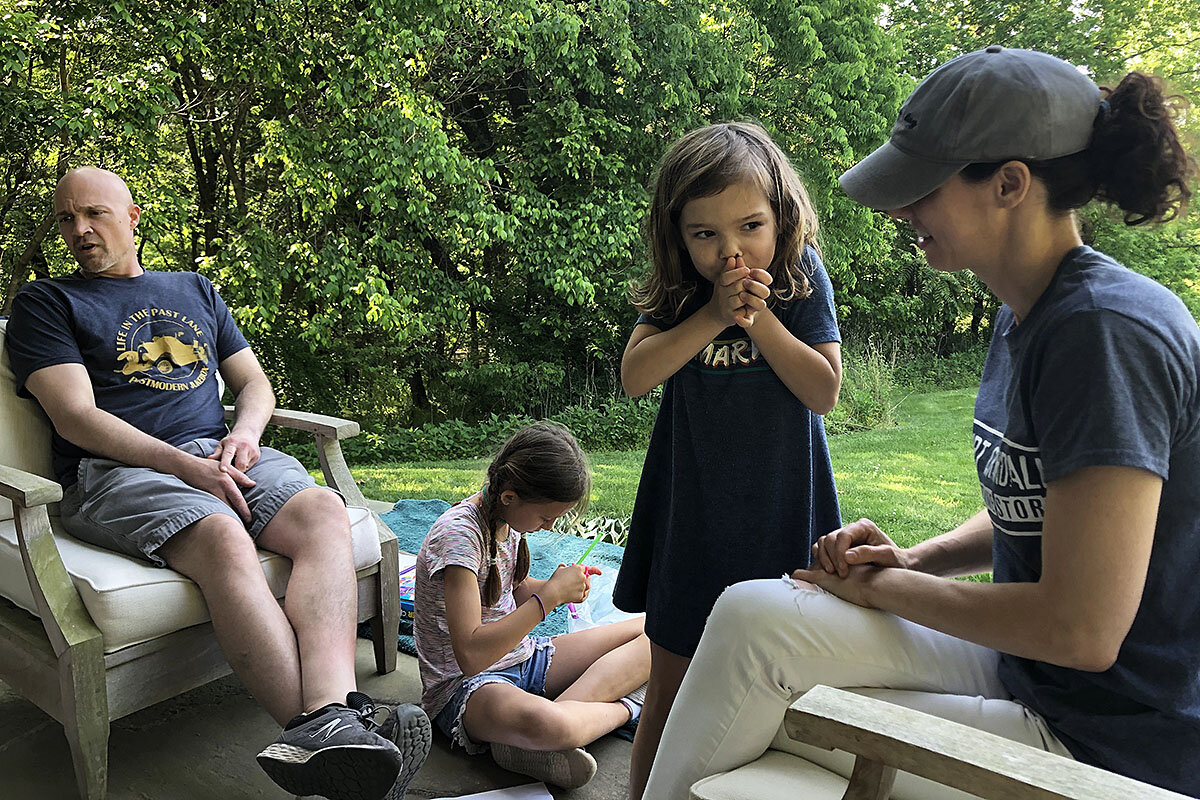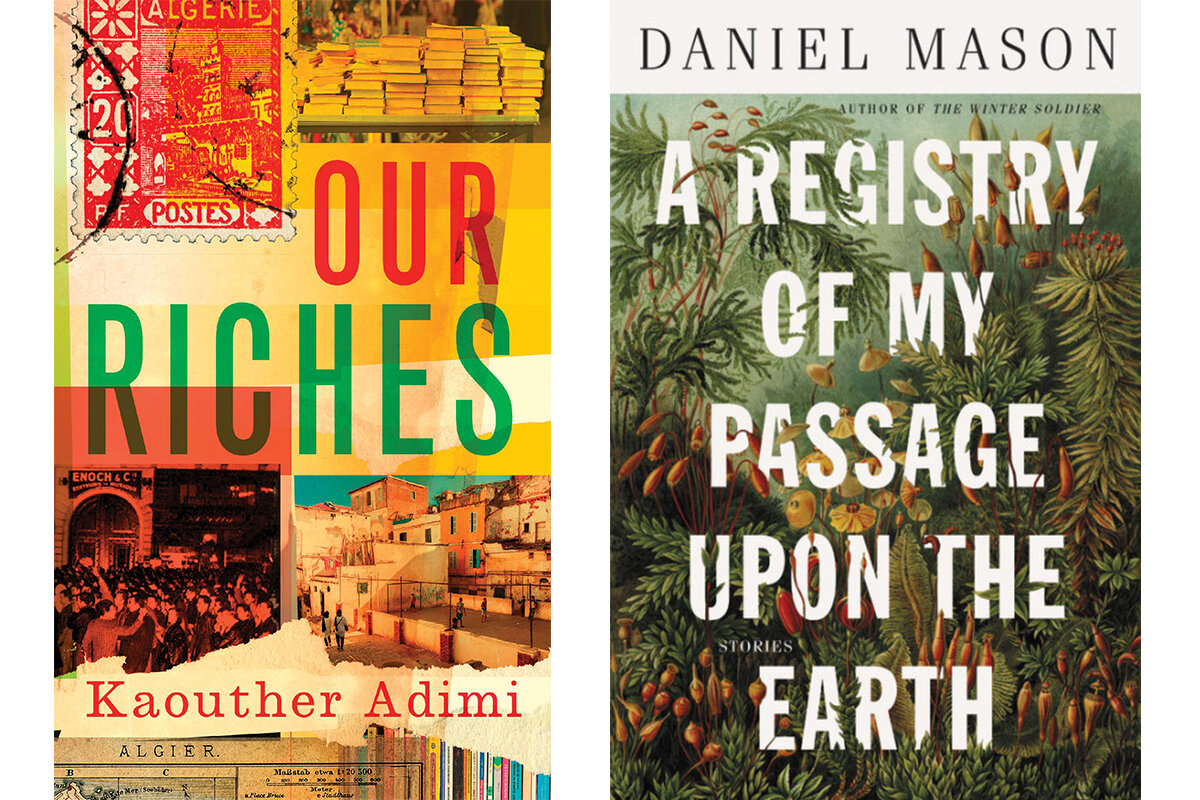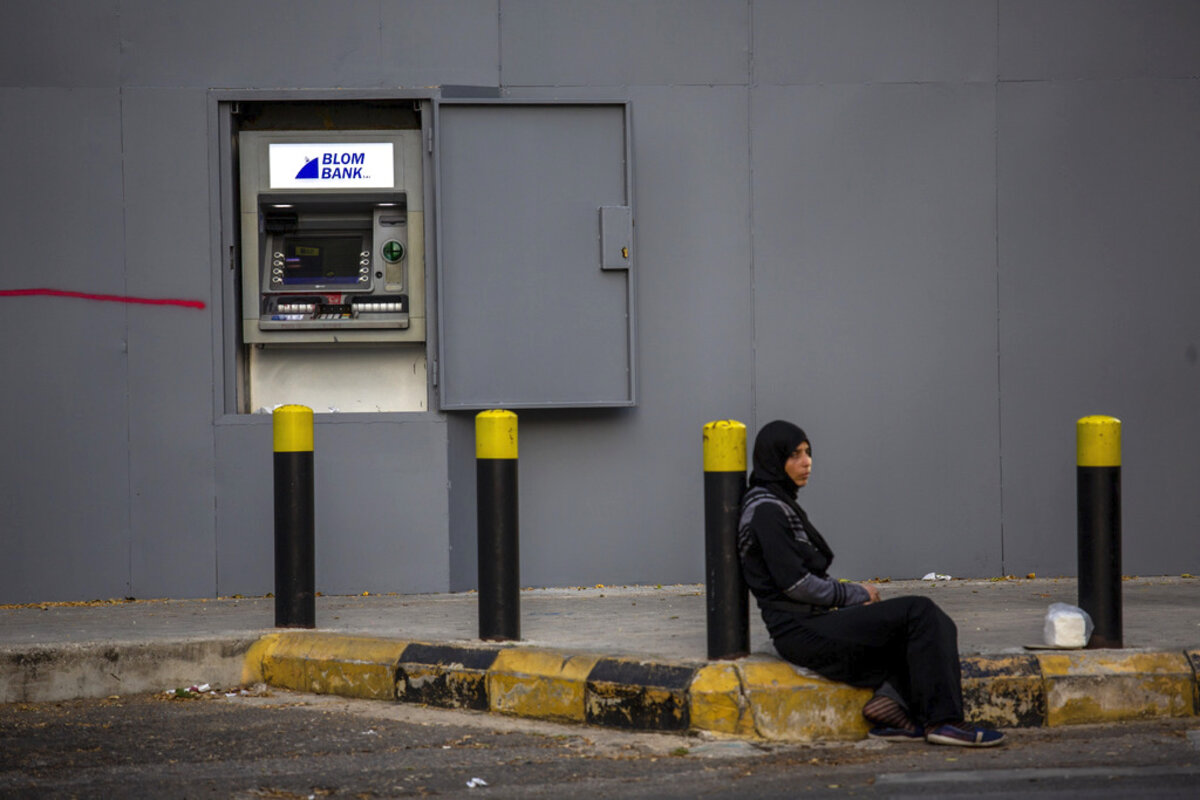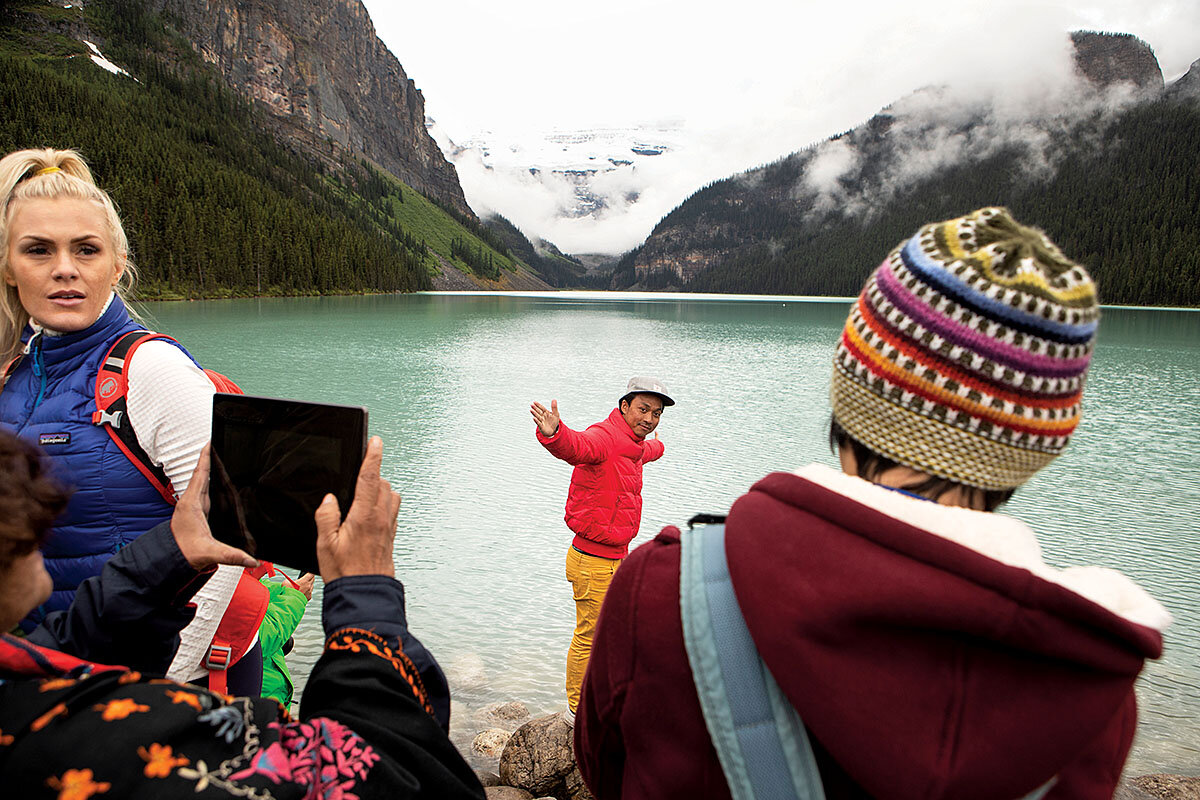What does the data tell us about the repercussions officers face after on-duty killings? Has there been any change since cellphone videos and the Black Lives Matter movement launched widespread awareness of those deaths?
Monitor Daily Podcast
- Follow us:
- Apple Podcasts
- Spotify
- RSS Feed
- Download
 Linda Feldmann
Linda Feldmann
At a time of heightened racial tensions around the country, consider the story of Cooper vs. Cooper – an incident that ends, thankfully, with no physical harm. But it raises age-old questions on race, danger, and reconciliation.
Amy Cooper, who is white, was walking her dog off-leash Monday in an area of New York’s Central Park that requires one. Christian Cooper (no relation), a black man, was bird-watching and asked her to leash her dog.
When she didn’t, Mr. Cooper began filming. Ms. Cooper declared that she’s going to tell the police that “an African American man is threatening my life” and dialed 911. The video went viral. Ms. Cooper lost her job and her dog, and has faced death threats.
She also issued an apology, acknowledging that “misassumptions and insensitive statements about race” can cause pain. But it’s Mr. Cooper who is winning praise for his reflections. Appearing Thursday on “The View,” he denounced the death threats and considered Ms. Cooper’s future.
“Only she can tell us if that [racist act] defines her entire life by what she does going forward,” he said.
Mr. Cooper accepted her apology, calling it “a first step,” and then pulled all of us into the narrative. What this incident was really about, he said, is “the underlying current of racism and racial perceptions that’s been going on for centuries and that permeates this city and this country.”
And so, even as Ms. Cooper tries to reclaim her life, we can all reflect on the meaning of this encounter. Mr. Cooper says he’s not interested in a face-to-face reconciliation. Forgiveness, if it is to be, may take time.




